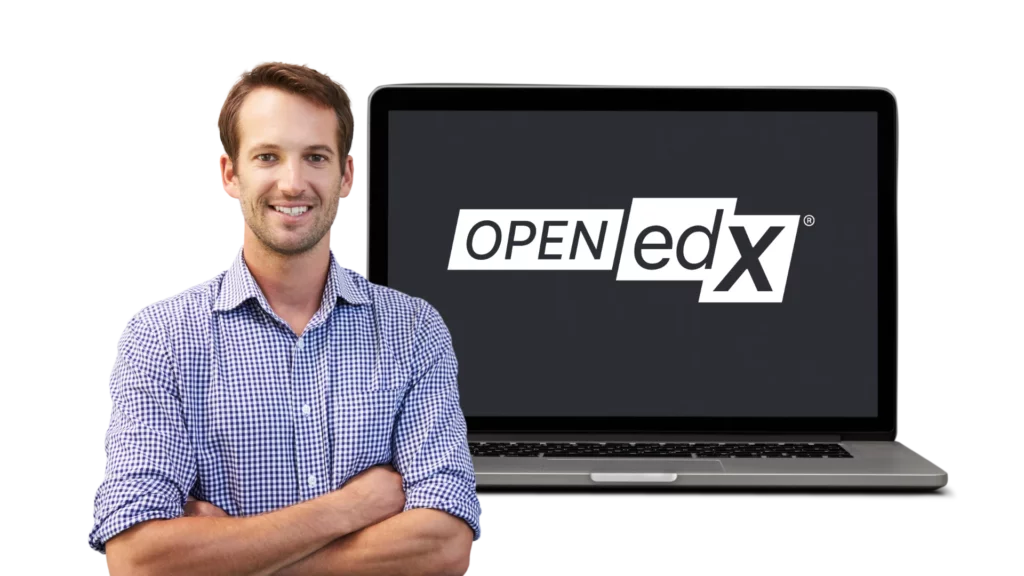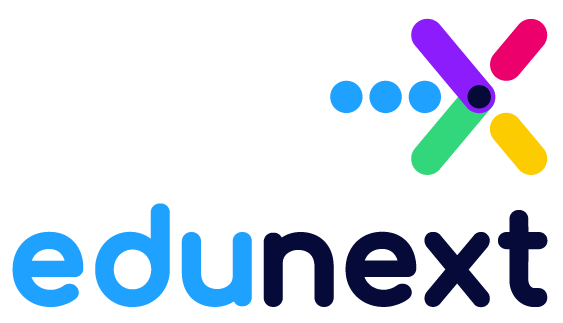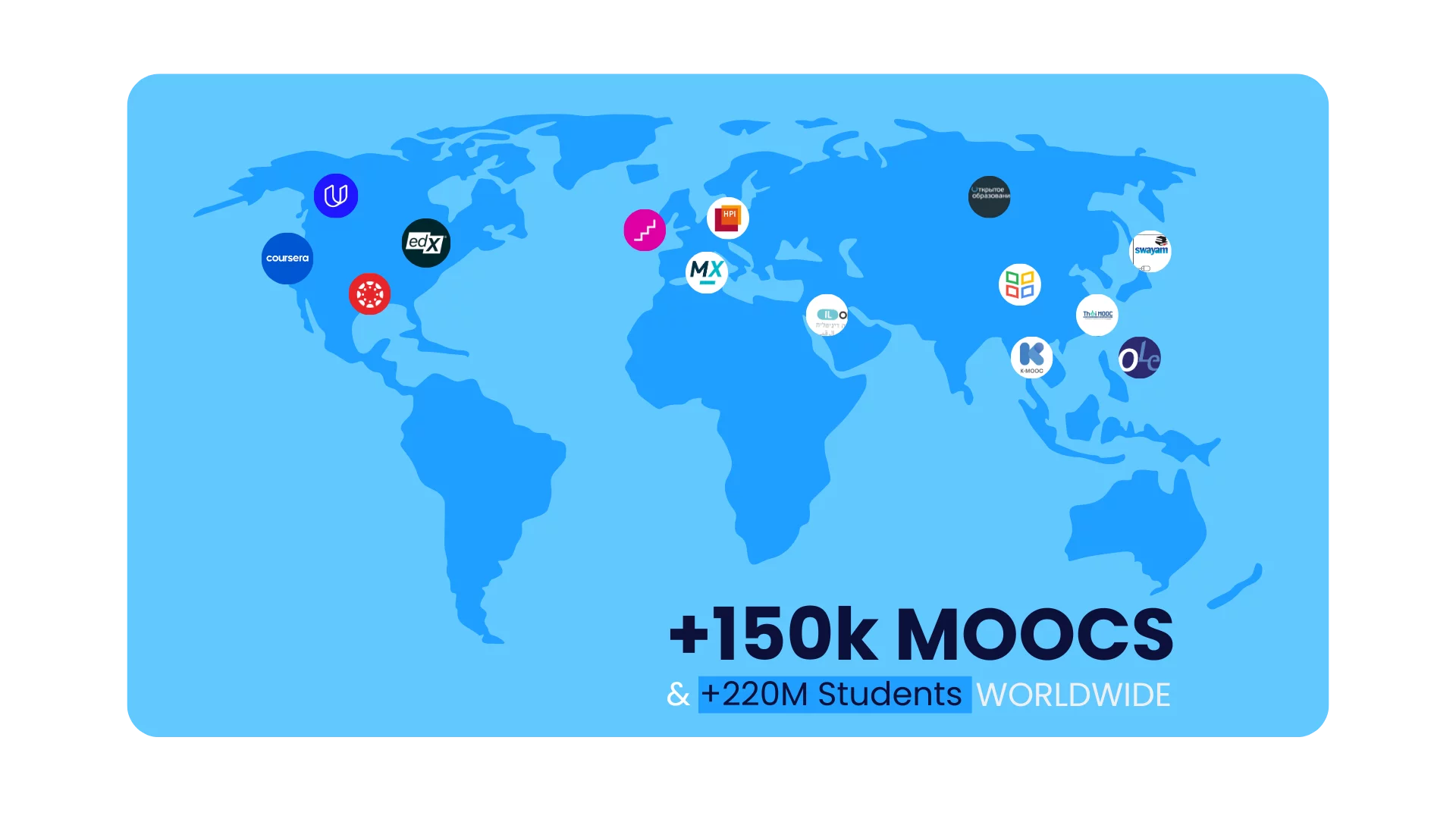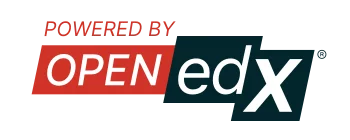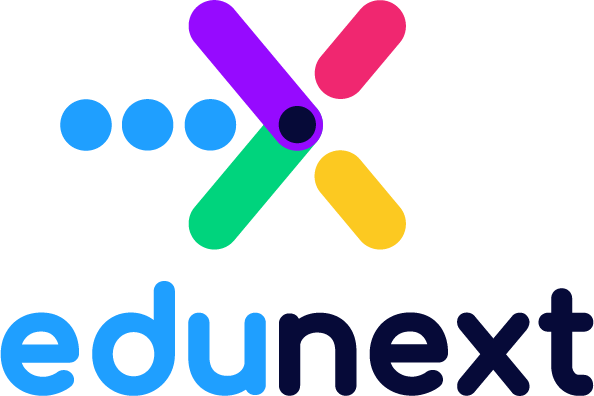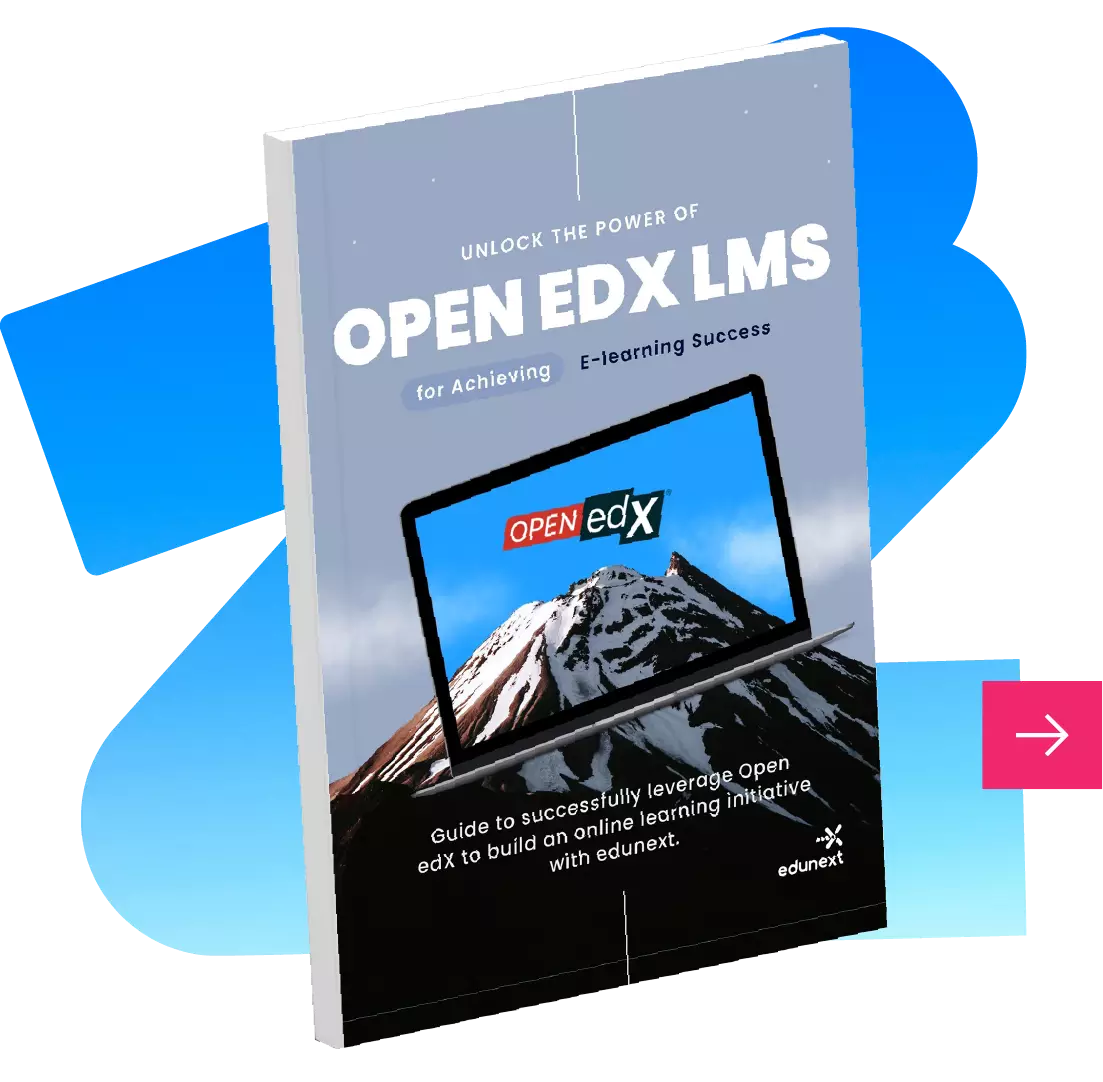Table of Contents
The world of higher education is rapidly evolving, and universities around the world are increasingly turning to Massive Open Online Courses (MOOCs) to expand their reach and provide educational opportunities for students who may not otherwise have access. MOOCs are an increasingly important part of the higher education landscape, and universities are utilizing them to reach new audiences, offer more engaging and relevant course content, and provide more flexible learning options.
The global MOOC market is estimated to reach a size of $14.8 billion by 2025, with a CAGR of 27.2%. This growth is being driven by the proliferation of technology, the need for lifelong learning, and the demand for cost-effective and accessible education. The growth of the MOOC market is also being supported by the emergence of online platforms such as edX, Coursera, and Udacity, which are making MOOCs increasingly available to the public.

What are MOOCs, and why are important in the Elearning field?
MOOCs (Massive Open Online Courses) are free, online courses offered by universities and other educational organizations. These courses are designed to provide high-quality education and learning opportunities to a large number of students, often from around the globe. They are typically offered on an asynchronous and self-paced basis, making them highly accessible and convenient for learners.
MOOCs are significant for universities and other organizations as they provide an affordable and accessible way to offer students and learners quality educational content. They are also an excellent way for universities to reach a wider audience, as many students may not be able to attend traditional on-campus courses due to distance or other barriers. Open edX provides universities with an efficient platform to deliver content and track student progress, allowing them to measure and improve the quality of their instruction. Finally, Open edX also offers universities the opportunity to monetize their content, as they can charge for access to select courses and materials.
Besides, MOOCs enable access to quality education for as many people as possible and contribute to the continuous education of various social groups. MOOCs can be addressed to the unemployed, helping them to develop certain skills needed for employability. They can also contribute to the free training of employees, and anyone from any country with internet access can take a MOOC class. Participants can communicate with one another through discussion threads and social networking. Just like in a real classroom, helping them to learn from their peers and possibly broaden their worldview too.

Popularity
Moocs have become so popular because they offer a unique and convenient way for people to access education. They allow learners to learn at their own pace, and study topics that are interesting to them. Additionally, they are often free or low cost, and require little to no prior knowledge of a subject. They provide a flexible and accessible option for students who may not have access to traditional educational opportunities.
The MOOC market is highly competitive, with numerous players offering their services. The market is segmented into two categories: universities and corporate providers. Universities offer courses in a wide range of disciplines, while corporate providers focus on specific topics. The types of MOOCs available also vary depending on the provider, with some offering courses for credit, while others are purely for educational enrichment.
Besides, MOOCs are becoming increasingly popular in universities as a way to extend learning opportunities beyond the traditional classroom. Open edX, a platform for delivering MOOCs, is an open-source platform for universities to create and deliver courses online. With an open-source platform, universities can create their own courses tailored to the needs of their students and can customize the features to include a range of activities, such as video lectures, discussion forums, and interactive quizzes.
One of the most popular platforms for MOOCs is Open edX, an open-source platform developed by edX, a joint venture between Harvard and MIT. Open edX is used by over 150 universities, as well as other organizations, to offer MOOCs to students around the world. The platform provides universities with the ability to offer courses in a wide range of subjects, with a variety of content types, including video lectures, quizzes, and discussions. The platform also allows universities to customize their courses to better meet the needs of their students.
Open edX offers a variety of features to ensure that a MOOC is engaging and effective. It includes a range of tools for building courses, such as drag-and-drop modules for creating activities and interactive assessments. It also offers a range of interactive features that help to engage learners and involve them in the learning process. Features such as discussion forums, chat rooms, and online surveys can all be used to promote active learning and collaboration.
One of the key benefits of Open edX is its scalability. Universities can easily scale their MOOCs to accommodate large numbers of students, and the platform can be adapted to meet the requirements of different courses. Open edX is also designed to support multiple languages, allowing students to take courses in their native language.
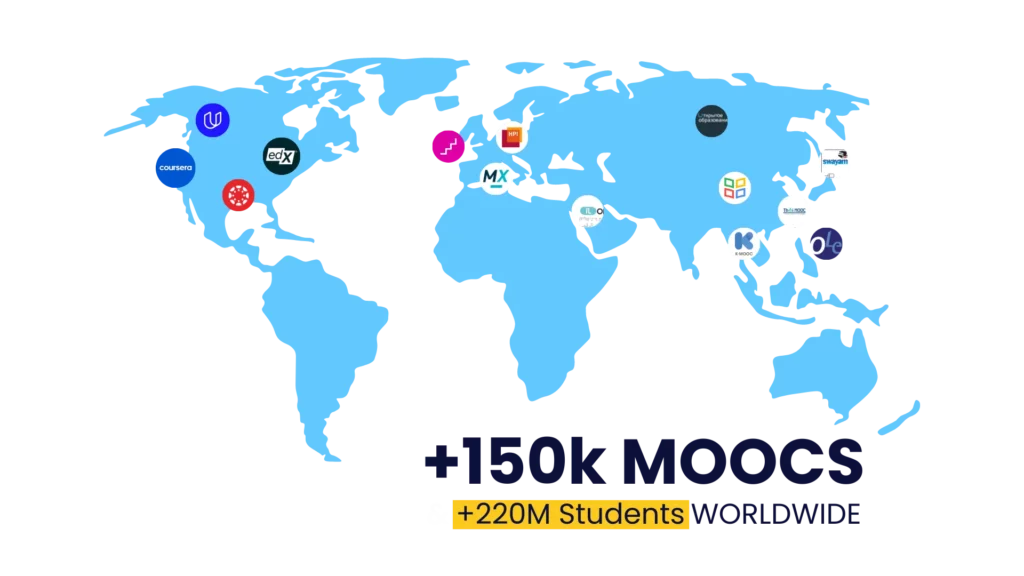
Popular Moocs
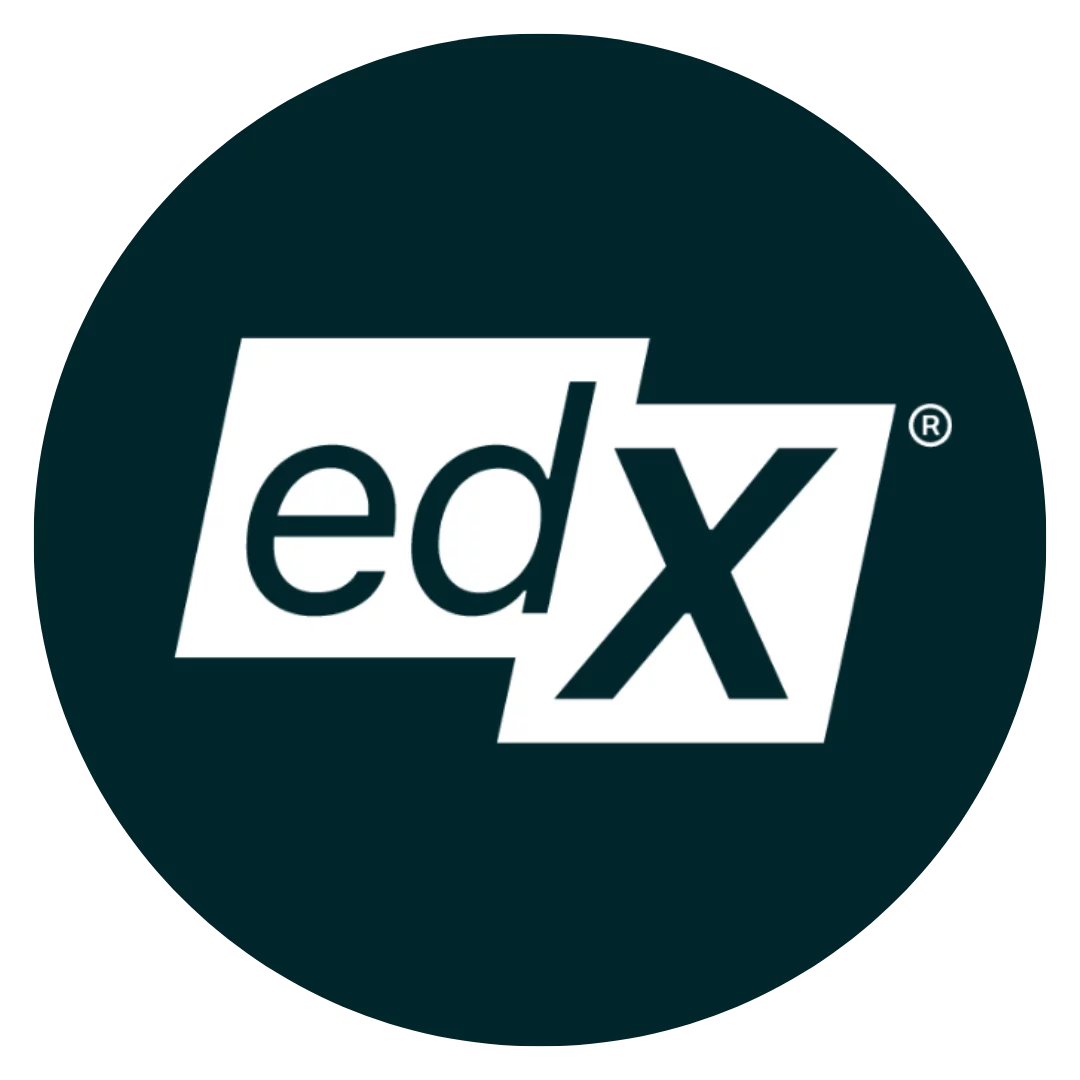
EdX
EdX offers over 2000 courses from top-tier universities such as Harvard, MIT, and Berkeley. It has over 18 million users from around the world.
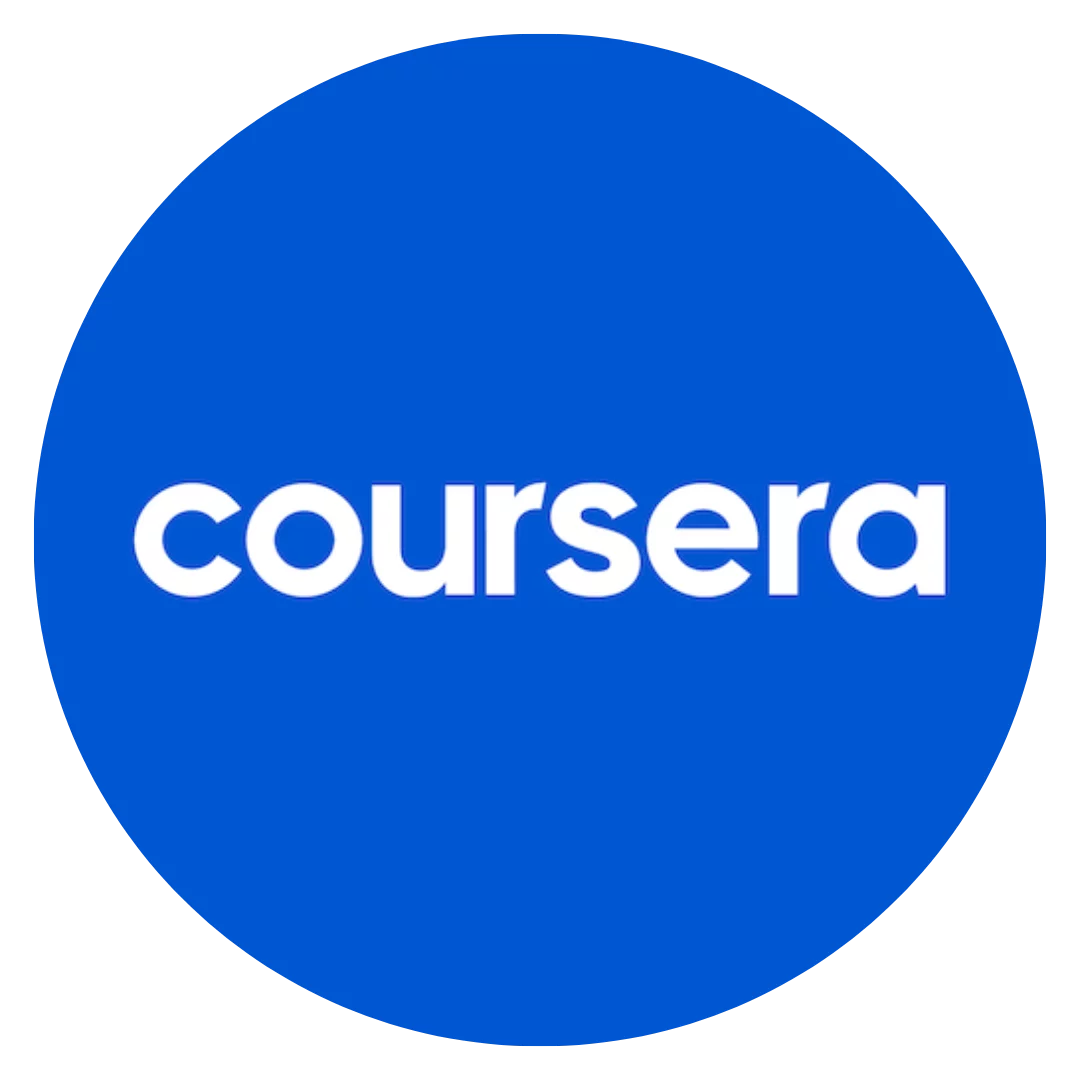
Coursera
Coursera offers over 2500 courses from over 200 universities and companies. It has over 57 million users from around the world.
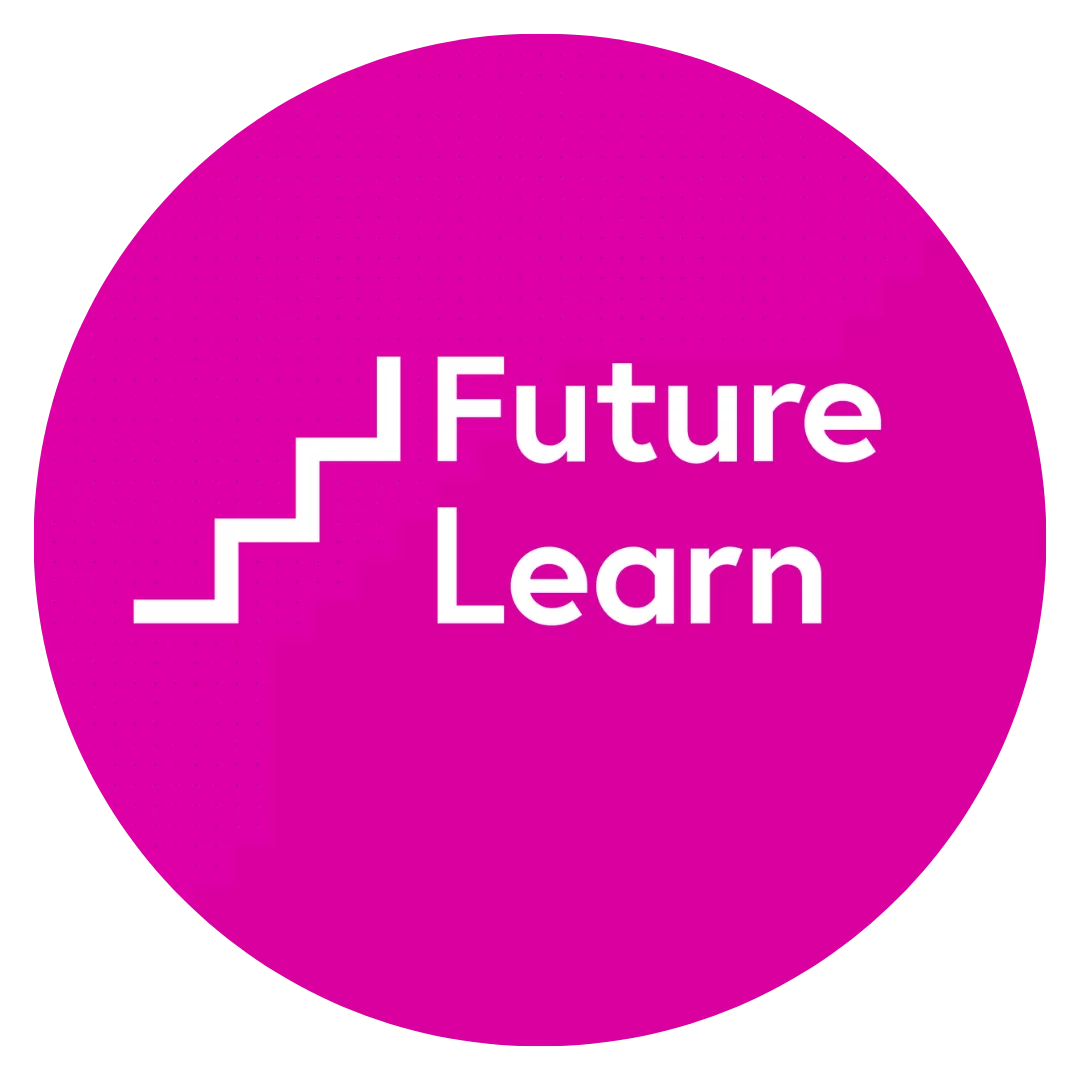
FutureLearn
FutureLearn offers over 500 courses from top universities, businesses, and cultural institutions. It has over 8 million users from around the world.
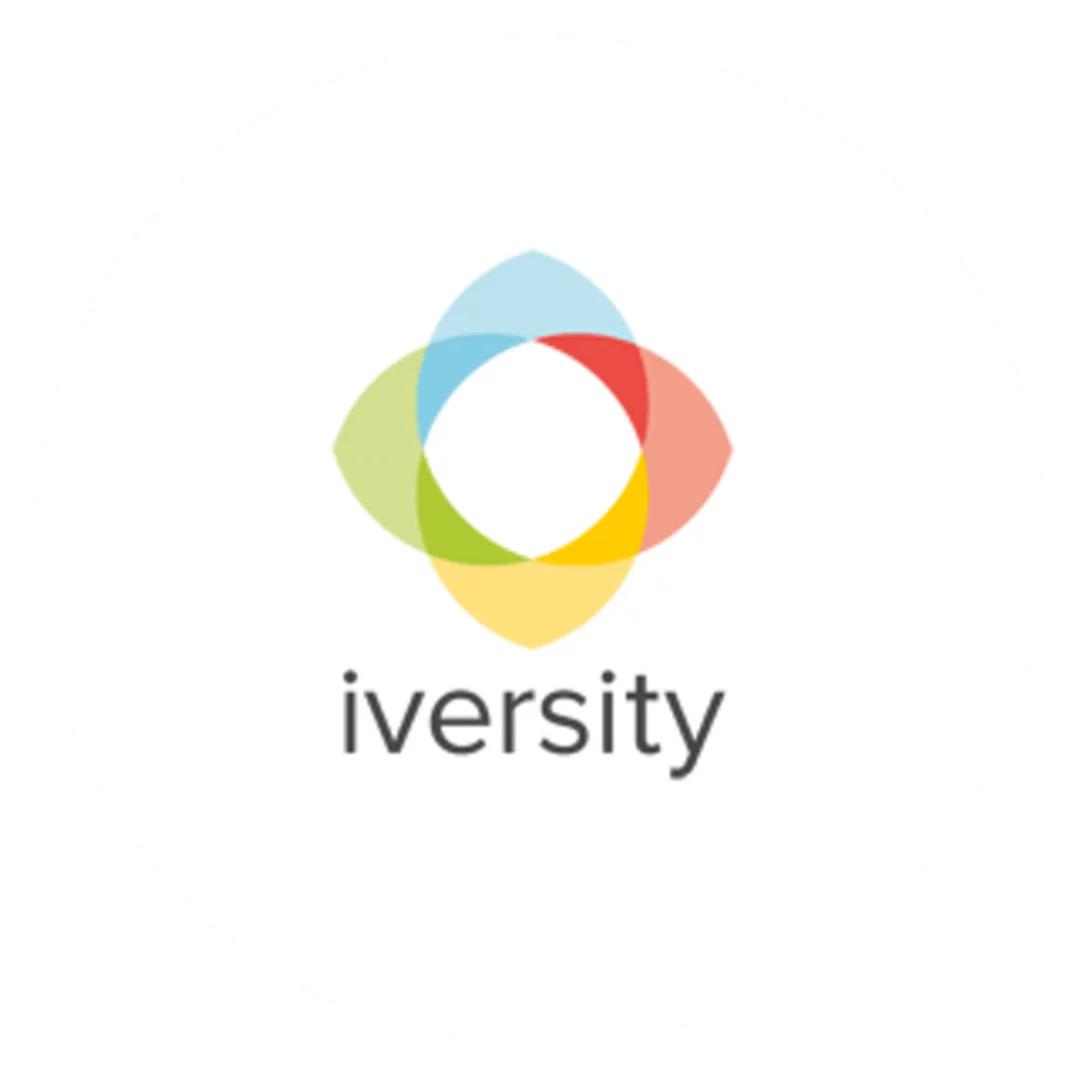
iversity
iversity offers over 600 courses from top universities and companies such as Microsoft, IBM, and Google. It has over 2 million users from around the world.
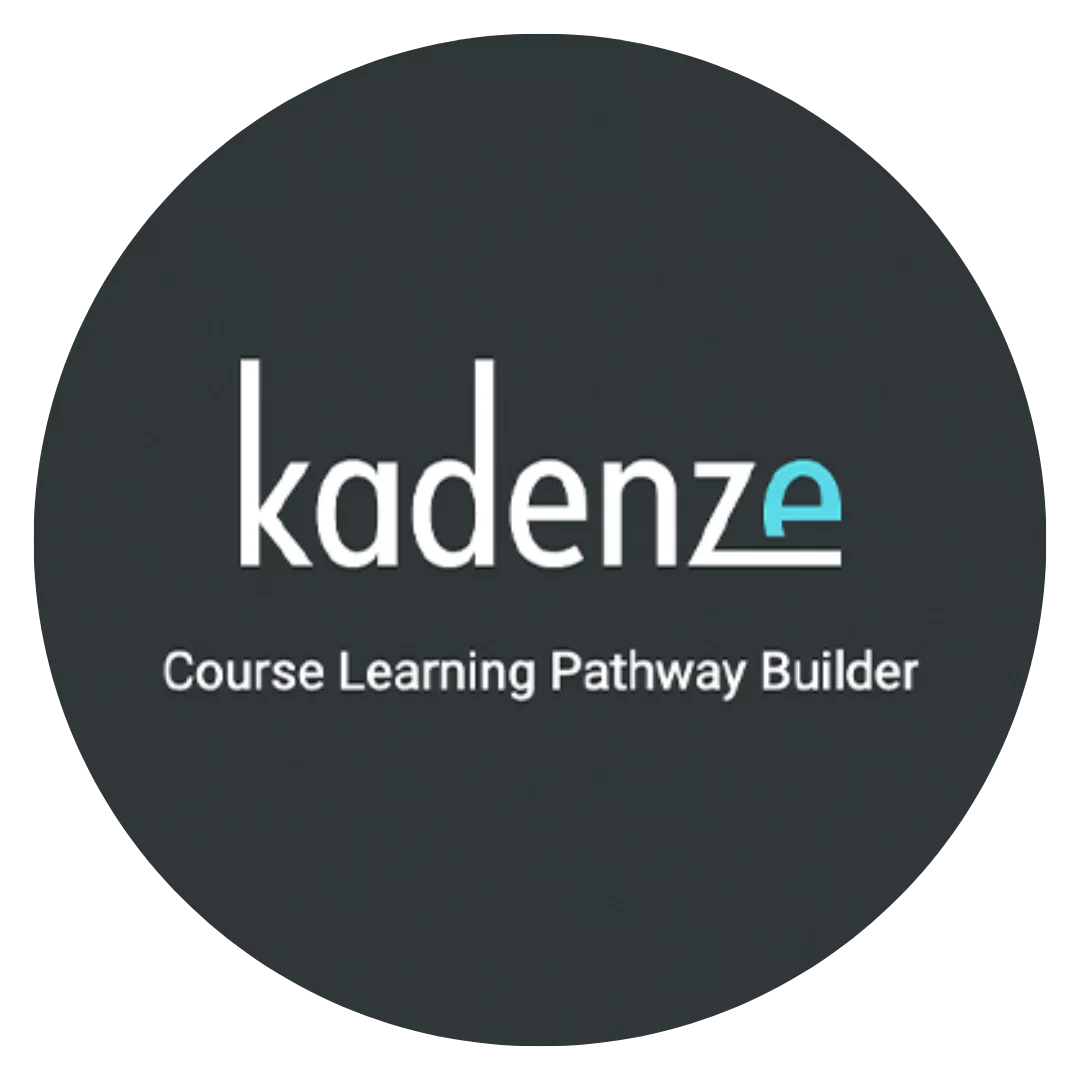
Kadenze
Kadenze offers over 400 courses from top universities and companies. It has over 1 million users from around the world.
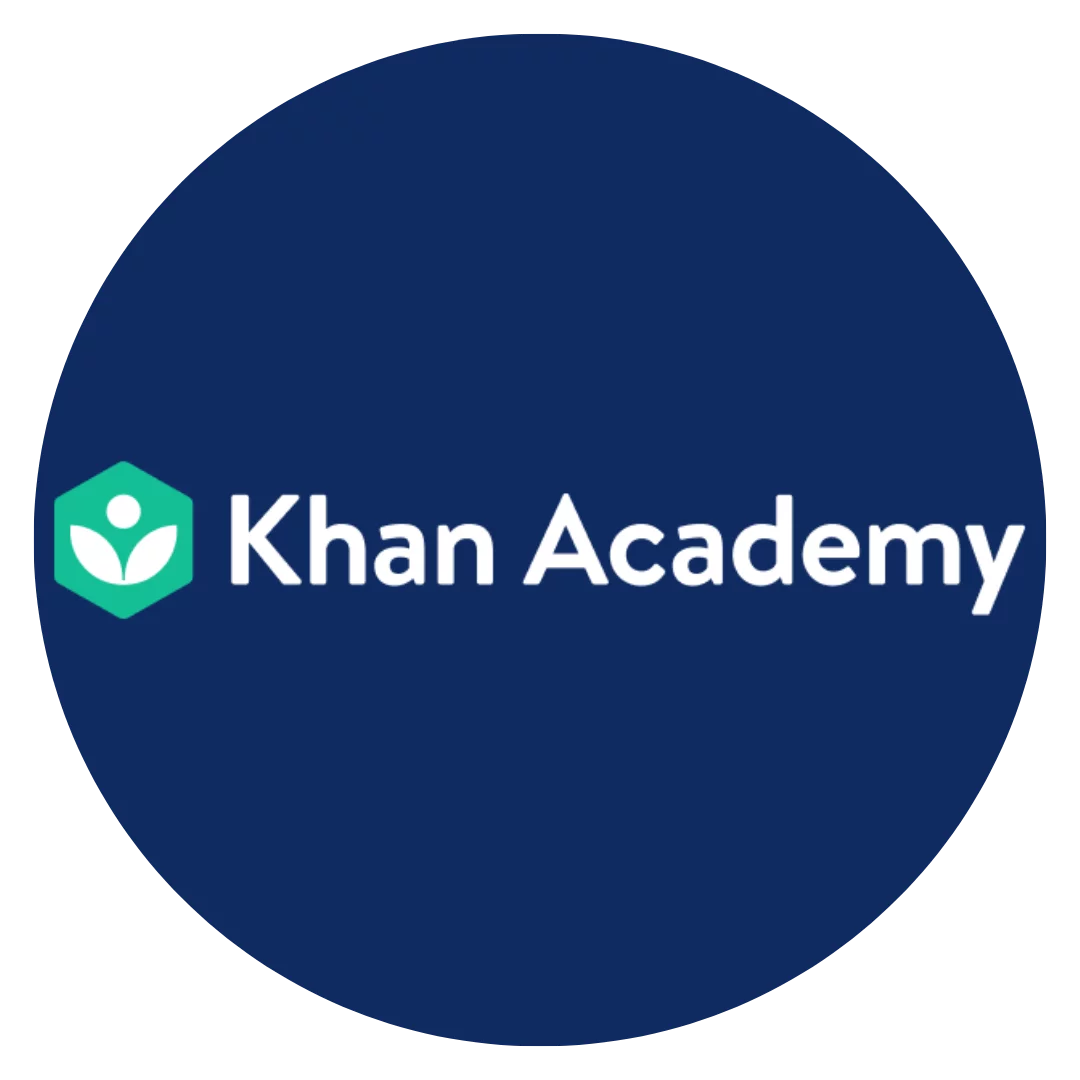
Khan Academy
Khan Academy offers over 10,000 courses across a wide range of subjects. It has over 50 million users from around the world.
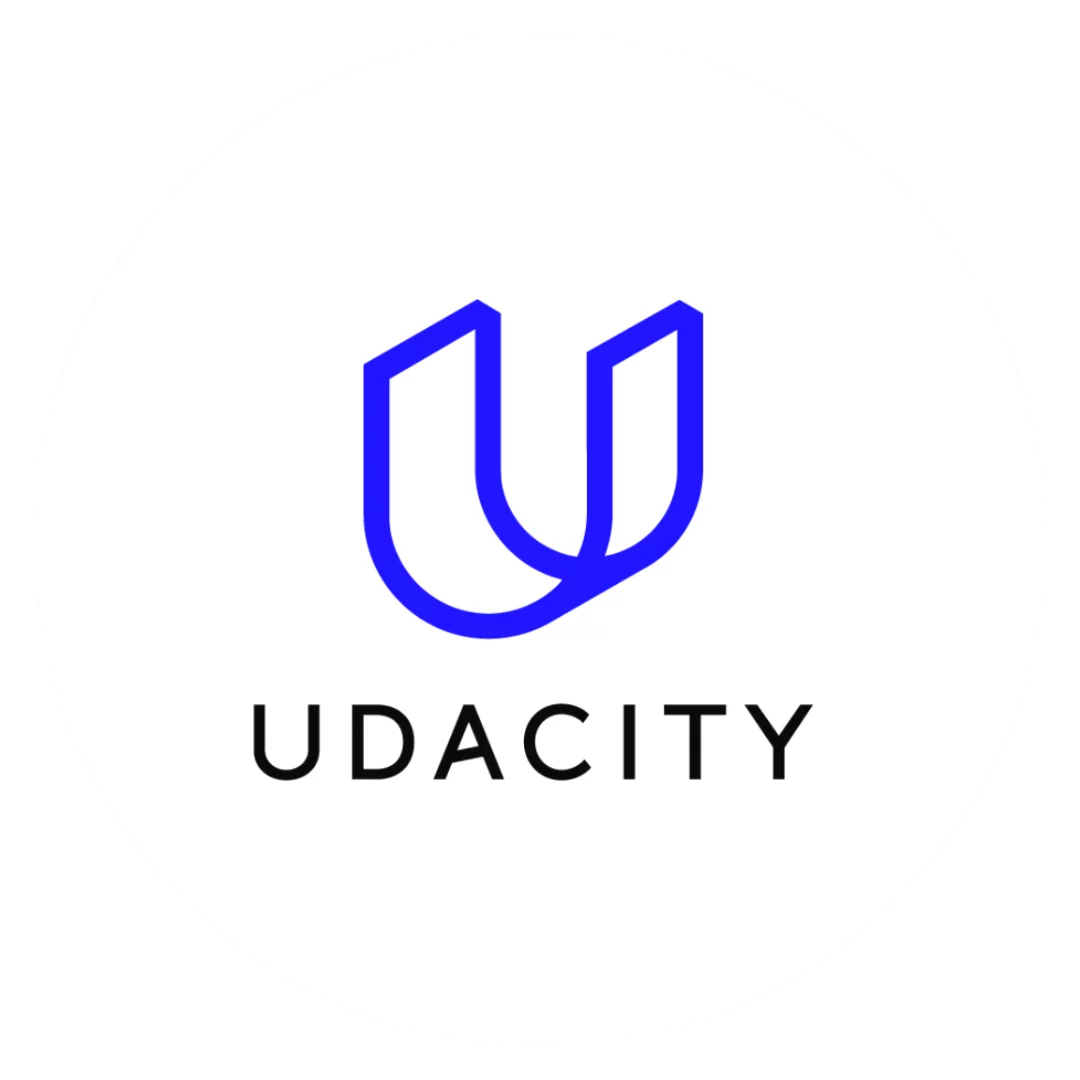
Udacity
Udacity offers over 200 courses from top universities, industry professionals, and companies. It has over 10 million users from around the world.
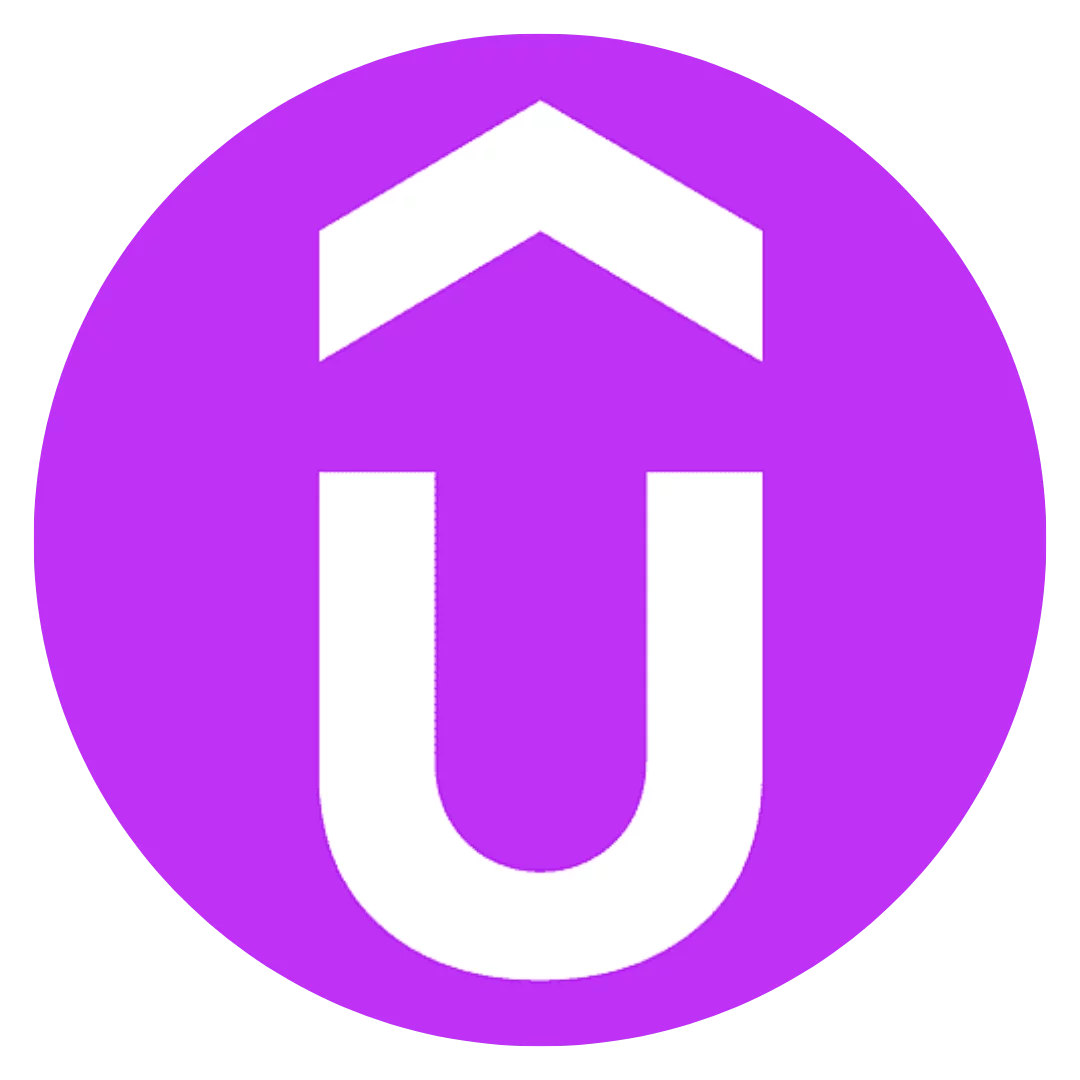
Udemy
Udemy offers over 100,000 courses from over 20,000 instructors. It has over 24 million users from around the world.
MOOCs are a great resource for students, professionals, and employers due to their affordability and ability to provide knowledge and skills in a particular area. They can also provide exposure to a new field, networking opportunities, and preparation for college or work. Professionals can use them to develop new skills or stay up to date, while employers can use them to recruit, train, and update their workforce. Overall, MOOCs are an invaluable asset for learning and growth in any field.
Their Benefits
The benefits of MOOCs for universities and organizations are many. MOOCs allow universities to reach a much wider audience than traditional classroom-based courses, and this can lead to increased enrollment in both online and on-campus courses. MOOCs also allow universities to provide students with an engaging, interactive learning experience, which can lead to greater student engagement and better learning outcomes. Finally, universities can use MOOCs to offer more flexible learning options, allowing students to take courses at their own pace and on their own schedule.
Open edX provides universities with the tools they need to create and deliver effective MOOCs. The platform allows universities to create custom course content, including videos, quizzes, and discussion boards, and to track student progress. It also provides a variety of analytics that allow universities to assess the effectiveness of their MOOCs and make improvements accordingly.
For universities, the use of MOOCs and Open edX is an important way to expand their reach and provide more educational opportunities to students around the world. MOOCs allow universities to reach a much larger audience than traditional classroom-based courses, and they provide students with an engaging and interactive learning experience. Open edX provides universities with the tools they need to create and deliver effective MOOCs, and to assess and improve their course offerings. For universities, MOOCs and Open edX are essential tools for staying competitive in the rapidly changing world of higher education.
What Are the Top 10 Benefits of MOOCs?
- Affordable Access to Quality Education: MOOCs are completely free or cost very little, making quality education available to everyone.
- Flexibility: MOOCs allow students to learn whenever and wherever they want, making it possible for them to have control over their own learning experience.
- Variety of Content: MOOCs offer students the opportunity to learn from a variety of topics, from the basics of mathematics to advanced concepts in technology.
- Interaction with Experts: MOOCs provide students the opportunity to interact with experts and other students from around the globe.
- Access to Job Opportunities: Many MOOCs partner with employers to provide job opportunities to students who complete the courses.
- Self-Paced Learning: MOOCs allow students to learn at their own pace, allowing them to fit learning into their own schedule.
- Broad Range of Resources: MOOCs provide students with a broad range of resources, including lecture videos, discussion forums, and other materials.
- Demonstrate Competency: Completing MOOCs can help students demonstrate their competency in a certain subject or skill.
- Real-World Experience: Many MOOCs offer real-world projects and assignments that allow students to gain practical experience.
- Reinforce Learning: MOOCs offer students the opportunity to reinforce their learning by engaging in discussions and completing projects.
Start your journey to success today with MOOCs: the low-cost, high-impact way to gain knowledge and skills from anywhere!
If your company is considering creating a MOOC, now is the time to act! MOOCs offer a wealth of benefits and opportunities that can help your business succeed and stay competitive. With the right LMS providers, a great curriculum, support, and marketing, MOOCs can help you drive innovation, drive recruitment, and retention, and strengthen your brand. Don’t miss out on this invaluable opportunity
Table of Contents
You may also like...
